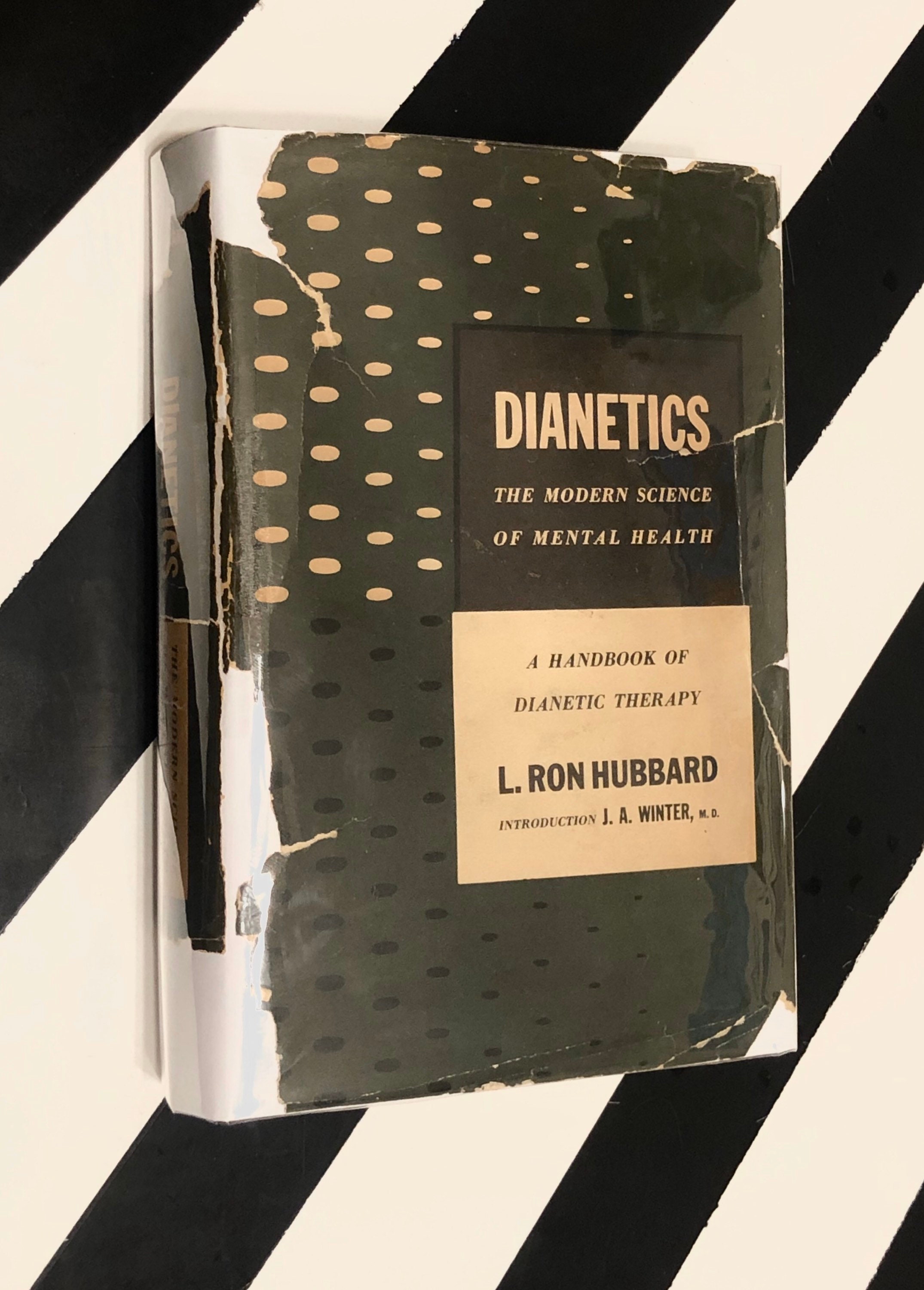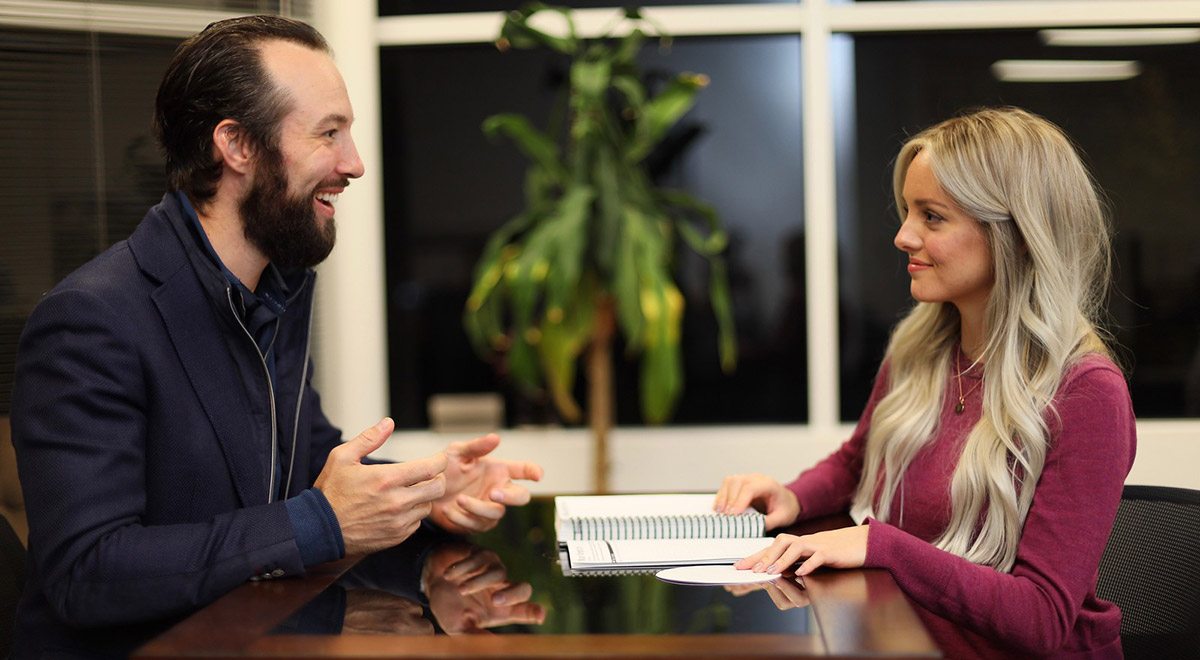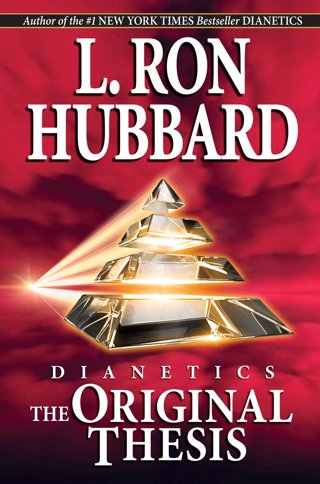The 8-Second Trick For Dianetics
The 8-Second Trick For Dianetics
Blog Article
The Ultimate Guide To Dianetics
Table of ContentsDianetics - TruthsSome Of DianeticsSome Known Incorrect Statements About Dianetics Dianetics Can Be Fun For Anyone
I could not ever not wish to get anything that comes to mind for you- if it was otherwise, I would not be sitting below with you, doing this. I not only could never ever have an issue, or otherwise intend to listen to something that comes to mind for you, but I'm totally eager to know every idea, every idea, every image or sensation that emerges or manifests for you- don't ever before believe otherwise, and if for one reason or another you do, please simply let me recognize! Often, you might have a thought, and photo, idea or event appear that does not seem to answer the inquiry, or associate to it, but however, always do inform me concerning it, and as we continue, the importance will certainly emerge for you.This is fundamental in the basis of processing, and the subject of this discussion: the standard roles of the counselor and the client: The basic role of the therapist is, as opposed to "conventional training", not to control, which indicates to apply and/or inhibit, however to rather work from the basis of EMPOWERING THE CLIENT.

Dianetics for Dummies
John Mcmasters shared this standard truth wonderfully well in among his lectures on Power processing, where he clarifies how he was asked what this "special flair" was that he had for offering such terrific sessions; he needed to think of that for a minute, and detected that it was what he had not been doing, along with what he was doing: he had not been evaluating, judging, computing, or as a matter of fact, generating any thoughts, let alone verbal expressions, after giving the command and while waiting for the PC to finish their solution to their satisfaction; he was, simply and only, being present with the PC, and completely interested.
The role of the therapist, demonstrated; that was his "unique flair". I have had my very own experience which educated me this well, extremely early in the game. In 1982, having lately finished my training and internship on New Period Dianetics, I was running this on a COMPUTER, and there was a factor in the session where (being a bit damp behind the ears not yet having lots of hours under my belt as an expert auditor) the PC appeared to be "taking as well long" to express anything vocally after I internet provided him a command.
This key ended up being the most important contribution that John ever made to the topic of treatment or bookkeeping (Dianetics). In my humble opinion, it is the best contribution that any individual has actually ever made to these subjectsthe application is entirely non-judgemental, non-evaluative, and lacking any suggestion, advice or opinion.no preconditioned schedule for people, or 'levels' that they should do
In Scientology we prided ourselves on not reviewing for individuals. All that really implied was that the auditor did not VERBALLY evaluate for the Computer in session.
Everything about Dianetics

Any person that had actually ever seen John audit might not help yet observe an one-of-a-kind top quality in his auditing."The client's fundamental duty is to be there with the objective of relocating the instructions of their spiritual objectives, and to openly and totally express and experience whatever manifests for them in responding to the concerns and executing the guidelines in the handling.
This is something to procedure as required. But additionally, individuals frequently have prior experience and/or indoctrination in auditing/processing which, somehow, and to some levels, in fact misdirects them right into attitudes, concepts and actions patterns that avoid the full understanding of these functions, therefore they will certainly tend to inhibit the expressing of what comes to mind, as in the instances provided above. * The first, and possibly primary examples of mis-indoctrination bring about much less than completely smooth and efficient sessions, can be found in specific elements of the training regimens, or "TR's":"TR's" are often a person's very first, or a minimum of early, experience in Scientology, and while I will go on to describe what I see as the defects in principle and practice, nevertheless, often tend to be substantially healing, done as they are offered (Hubbard insists that "TR's are not processing, they are educating", yet factually, they are both processing AND training)
Alan Walter made comparable monitorings, and enhanced on these with his go right here "Visibility Processes". There is no "flunking", and no rejection of the reality of this being handling. The focus, as it needs to be, gets on experiencing the other individual's existence. All the manifestations which obtain a "fail" in doing "TR-0" are just the being's efforts to stand up to the other person's visibility, and instead of being pestered and pestered with "Flunk", which imposes "failing!" on the being, one just needs to be urged to "stick their feet in the water a little much deeper", to progressively refurbish their capability and desire to completely share and experience "being below", or "presence", with others.
Some Known Facts About Dianetics.

Report this page